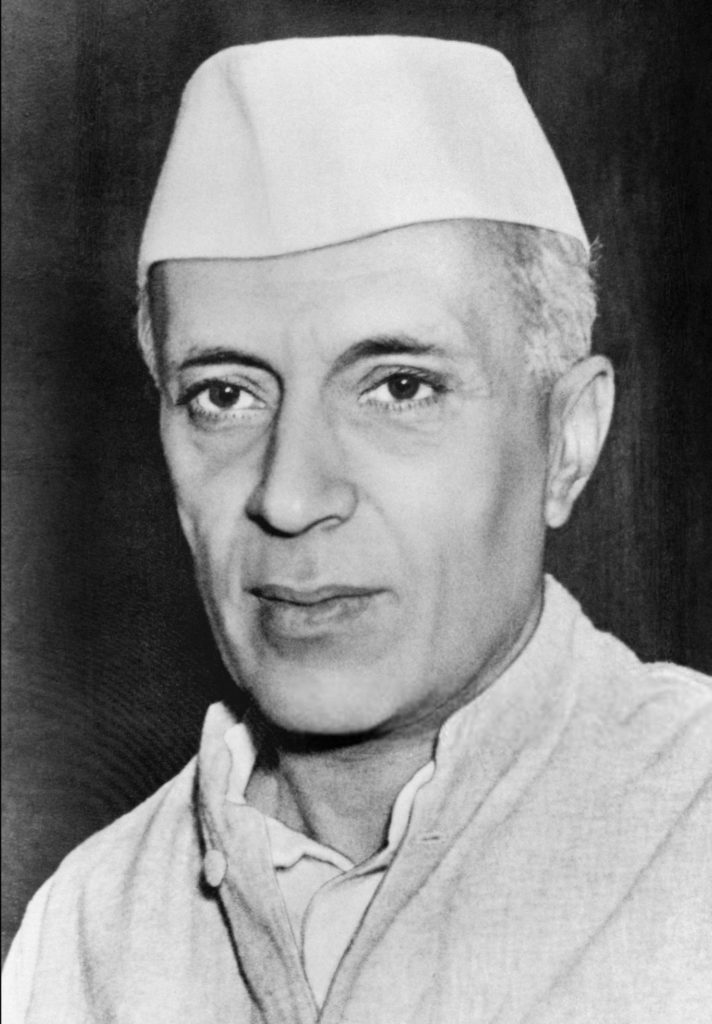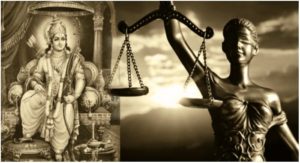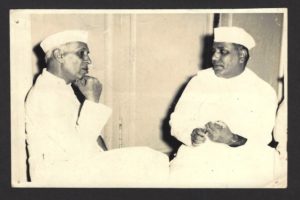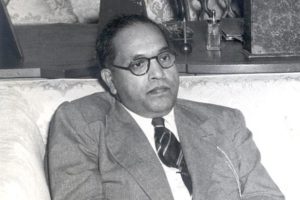Letter to Editor
Pandit Jawaharlal Nehru in his address to Aligarh Muslim University on 24th January, 1948, hoped, “I wish to say that, in spite of everything, I have a firm faith in India’s future. . . . Although many of my old dreams have been shattered by recent events, yet the basic objective still holds and I see no reason to change it. That objective is to build a free India of high ideals and noble endeavours where there is equality of opportunity for all.”
What has happened to his dreams after seven decades of his lecture? India’s democratic culture has been institutionalised through a fully functional electoral system. This culture has strongly established political democracy. It has ensured political and civil rights, constitutionalism, the rule of law, and so forth. But it does not ensure free and fair vote because people of India witness violence, torture and murder during election time. Further, this political democracy fails to guarantee economic well-being, ending of caste discrimination and gender injustice, and secularism. It is evident that everyday people (especially in rural areas) face terrible hardships of poverty, malnutrition and disease.
It is evident that political democracy of India has become impotent to meet its promises—rights, justice, freedom, equality, and human dignity. India’s electoral democracy has been transformed into a universal adult franchise which is limited to so-called political freedom. But people remain unequal and ‘unfree’ in their daily lives.
The speech of Nehru in the Constituent Assembly in 1947 while moving the ‘The Resolution of Aims and Objectives in the Constituent Assembly’ stated, “The first task of this assembly is to free India through a new constitution, to feed the starving people, and to clothe the naked masses, and to give every Indian the fullest opportunity to develop himself according to his capacity.” This thus called for extending the promises of formal democracy into the economic, social, cultural and domestic sphere.
But where is the fullest opportunity for people to develop themselves according to their inherent capacity seven decades after Nehru expressed this hope? The educated youth of this country are deeply mired in the crises of unemployment. No effort is being made to provide them decent jobs. They are forced to work in temporary and low-paid jobs in the service sectors, like for example working in the sales department of shopping malls or becoming food delivery boys of Swiggy or Zomato.
Political parties of India are trying to make further false promises of providing doles to the suffering of India, in the name of direct cash transfers to their bank accounts. When will they think of fulfilling the dreams of Nehru, the promises made by him to the citizens of the country? Have they forgotten them, or are they deliberately ignoring them?




